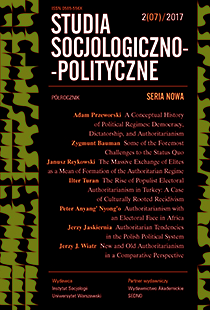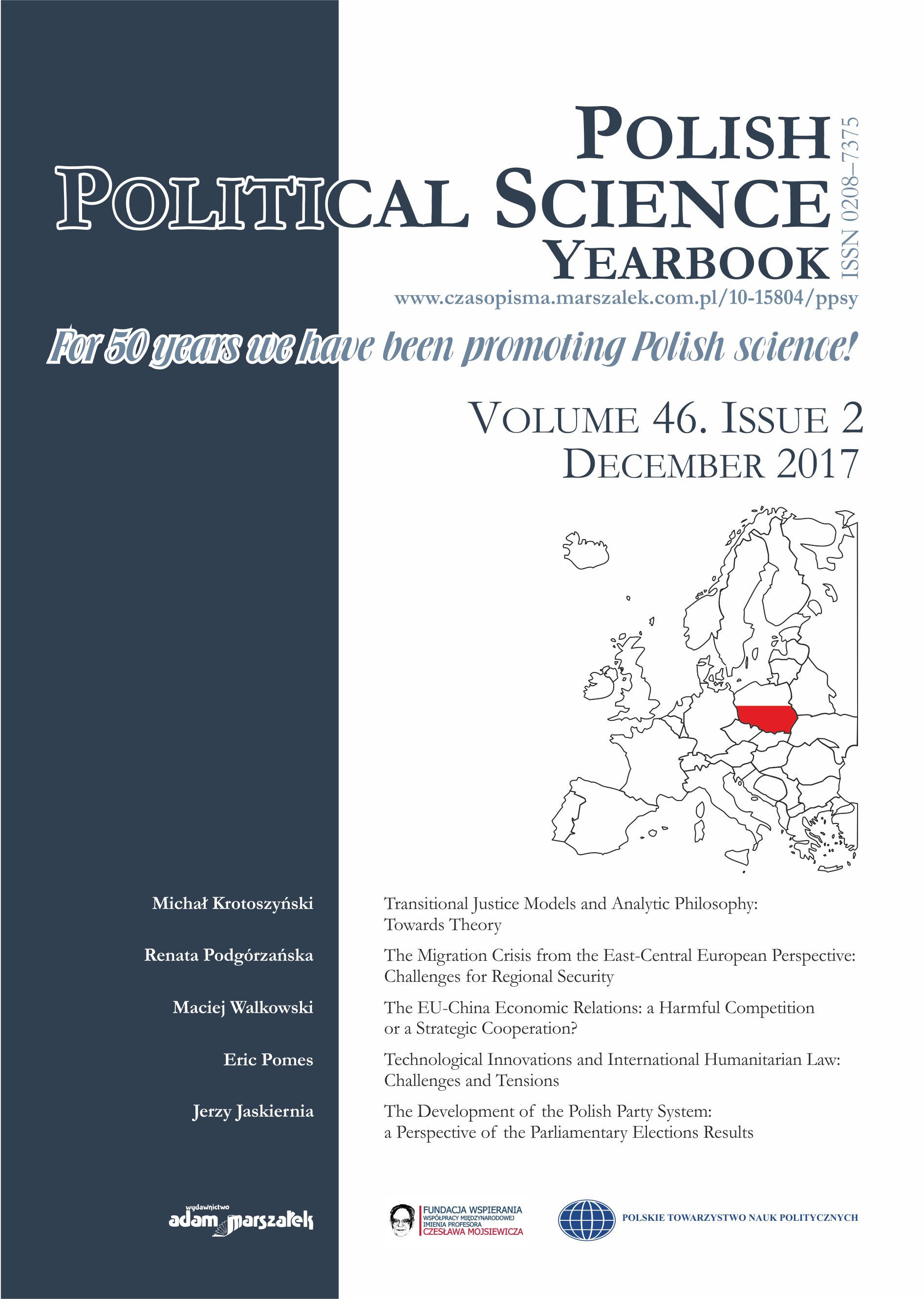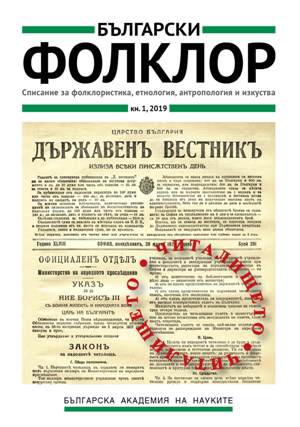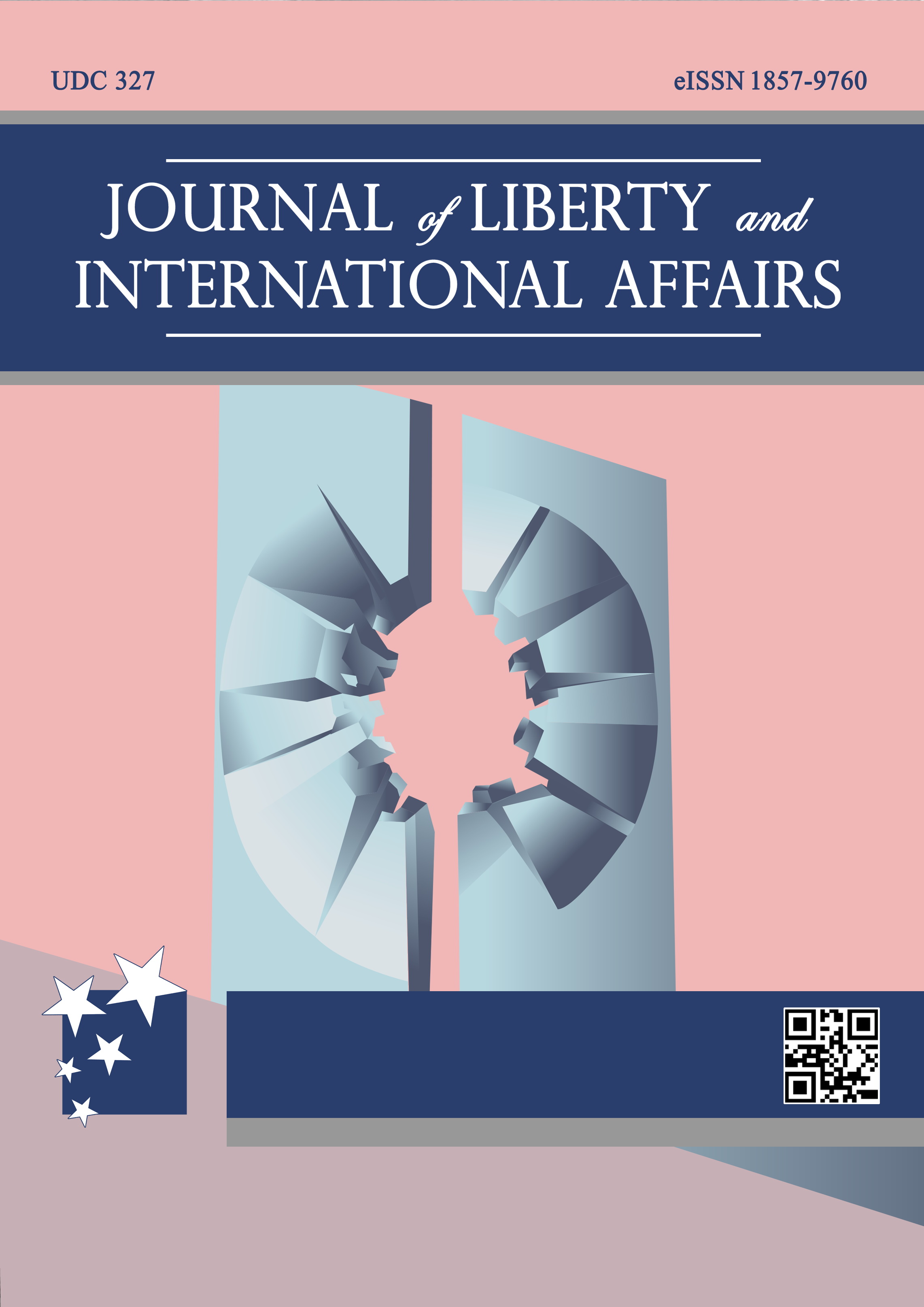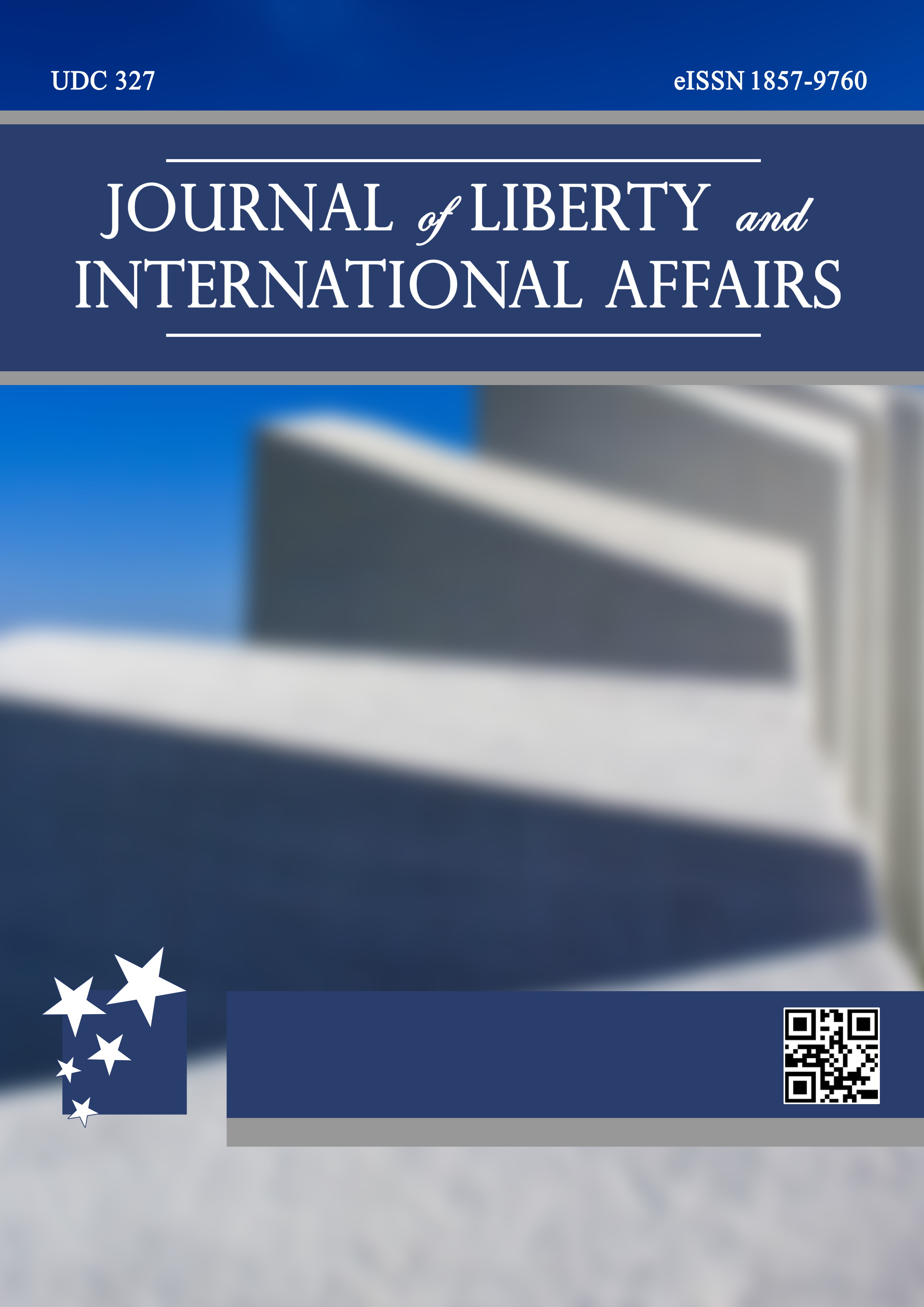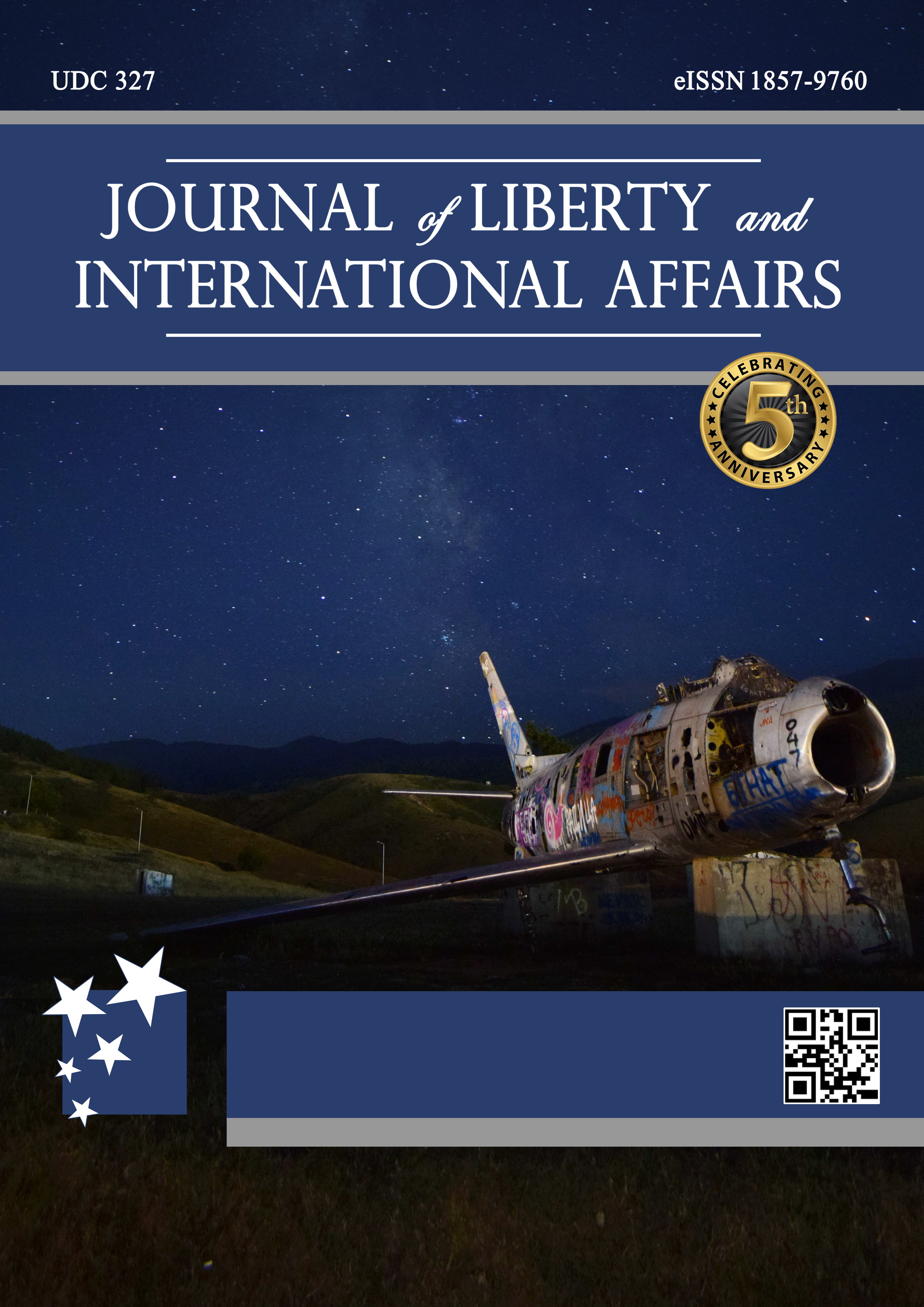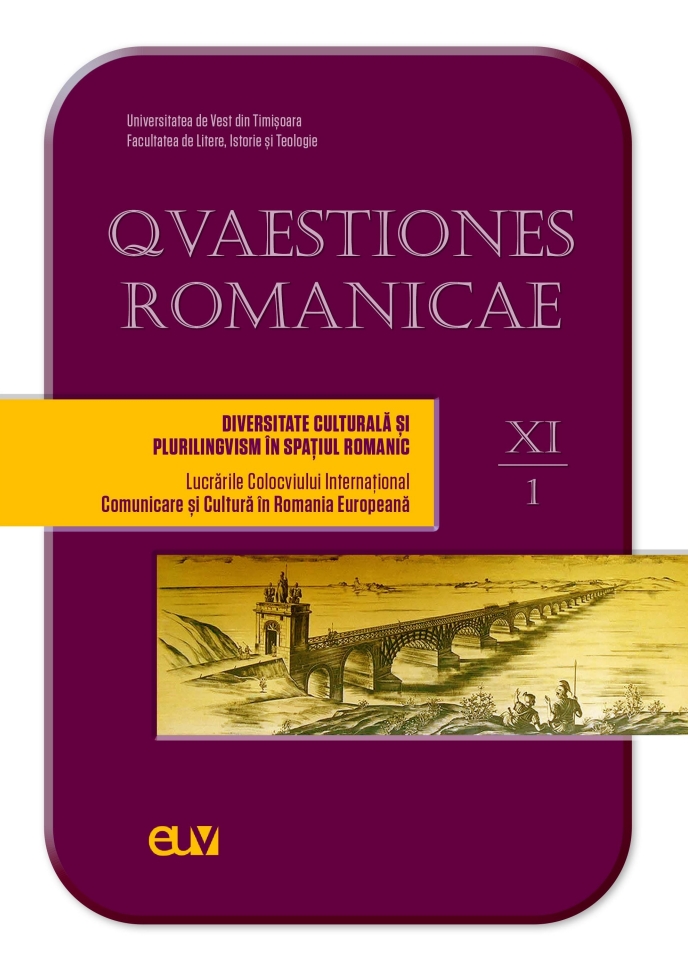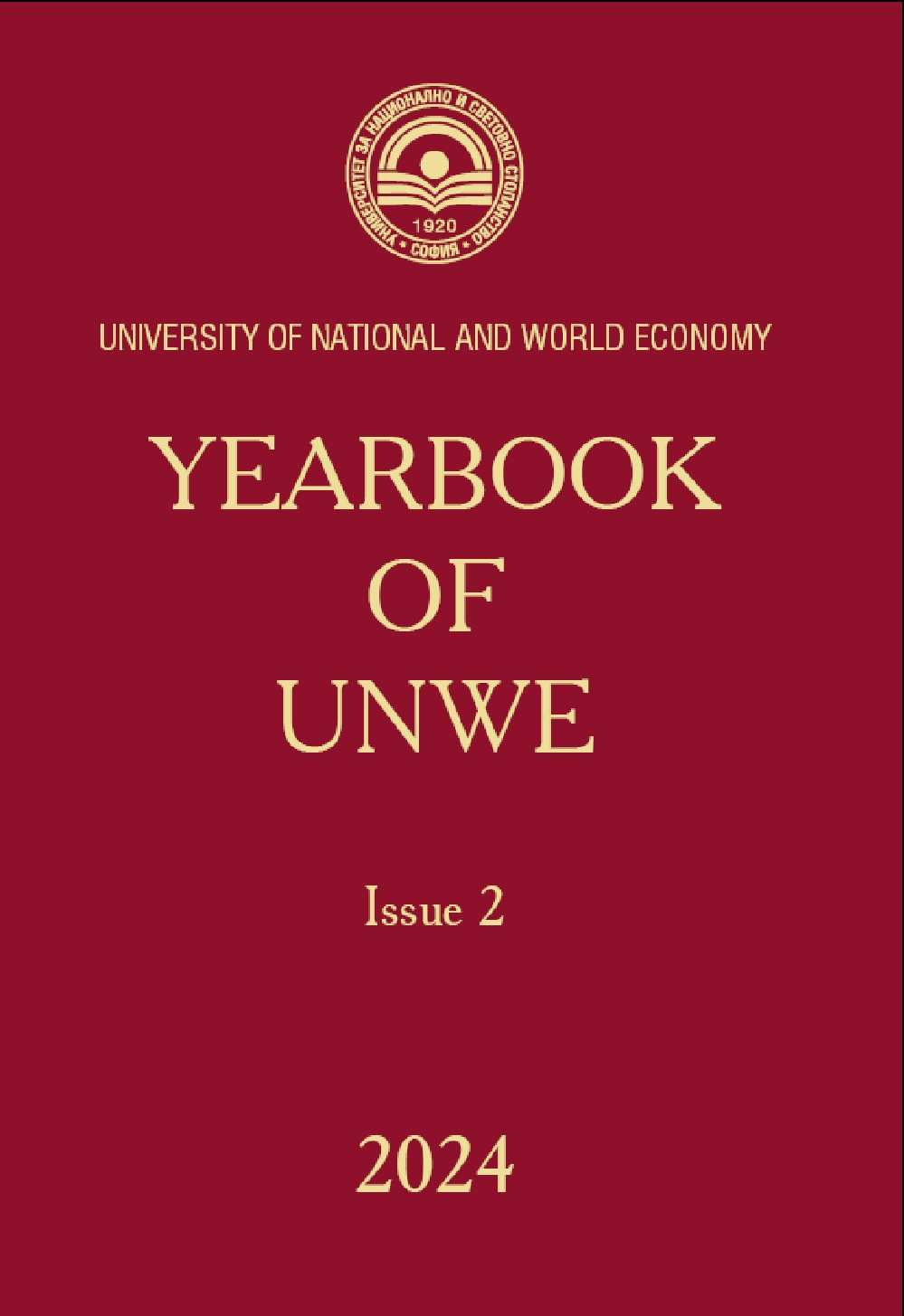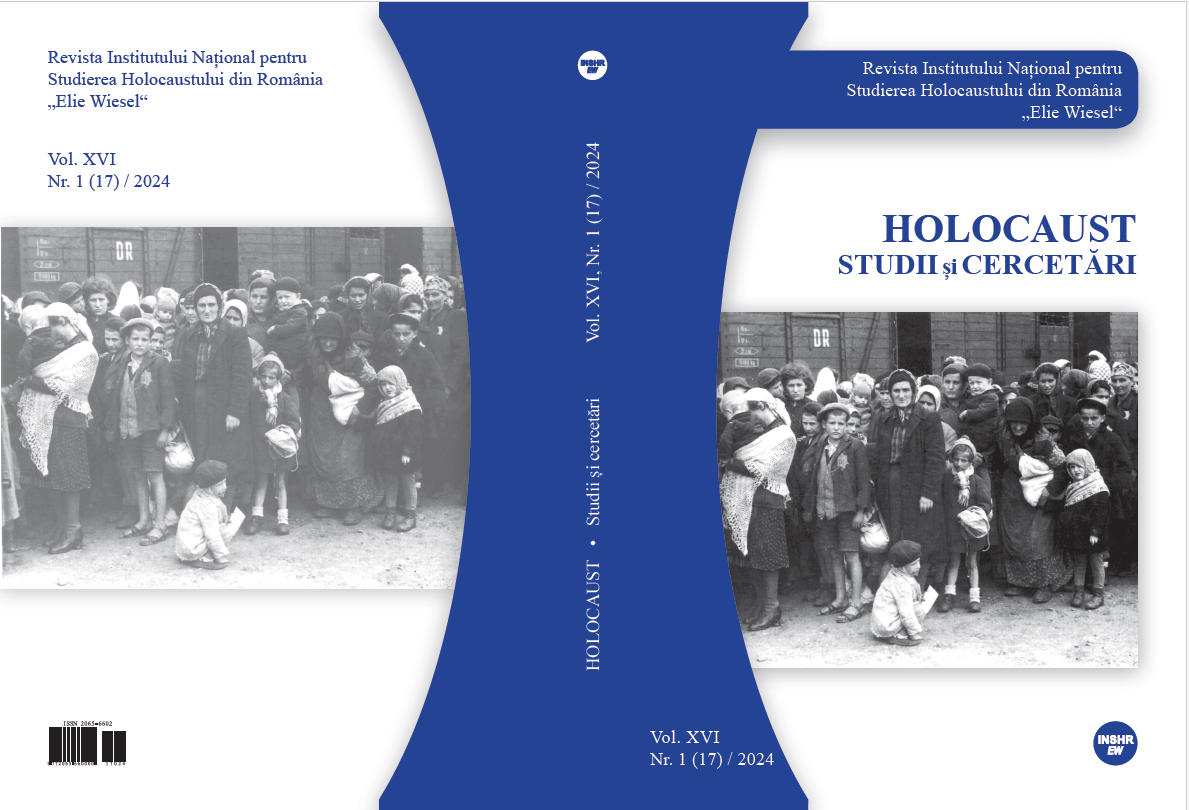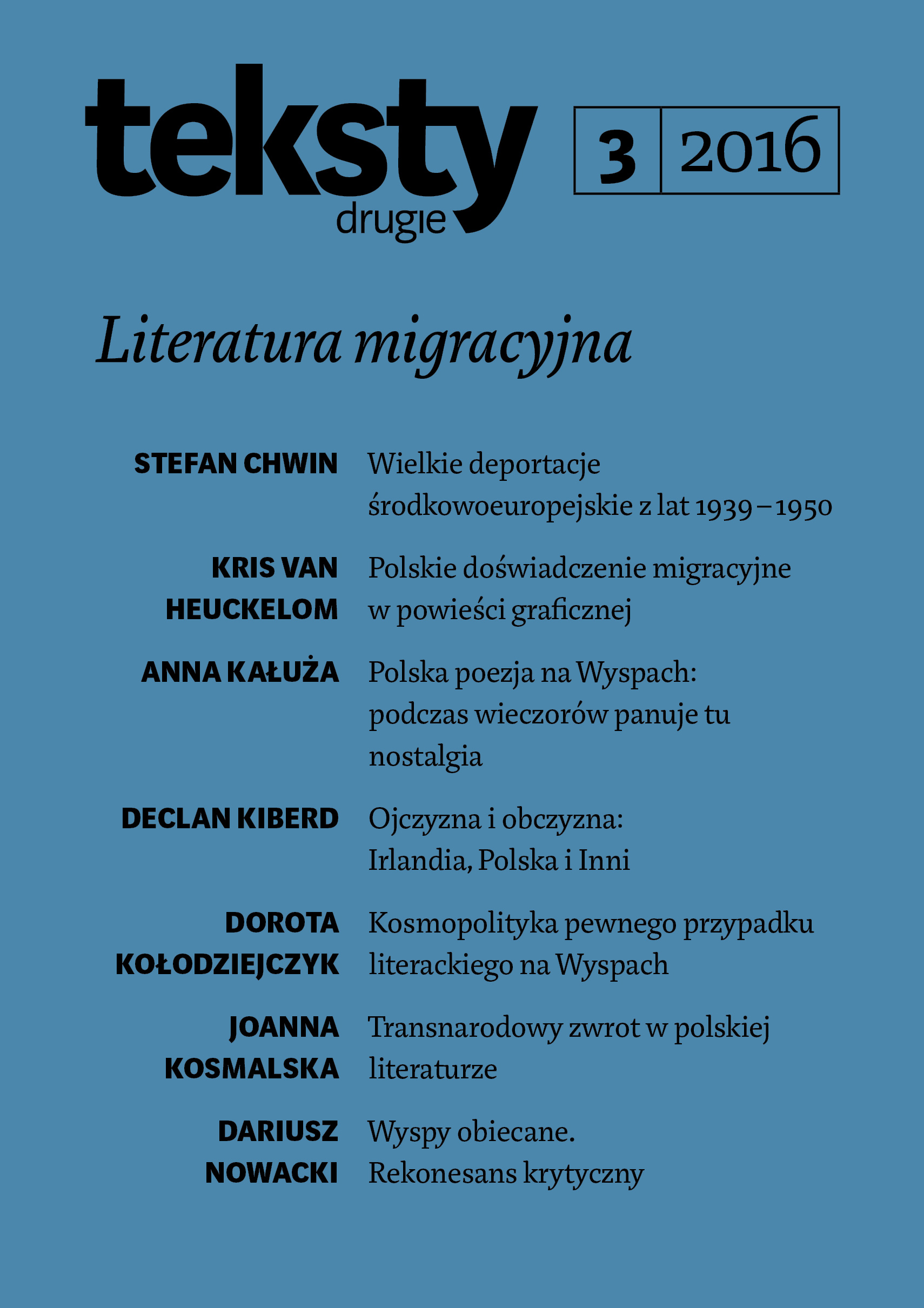
Między pamięcią a historią. Pisarze żydowscy pochodzenia maghrebskiego we Francji. Perspektywa socjologiczna
Literary production by Jewish writers from North Africa in France reaches back to the 1950s and has been gaining momentum since the 1980s. These works function as vectors of memory, ‘historiography’ and adaptation. In a new environment, exile leads to recollection and memorialization processes, enabling the subject to fight against trauma and providing the migrant group with a framework of reference. Literature, which does not require a scientific framework, is able immediately to take over the narration of the past. These processes mediate between the exiled group and the host community, in which the exile literary work transcends the social realities that help construct the individual.
More...
